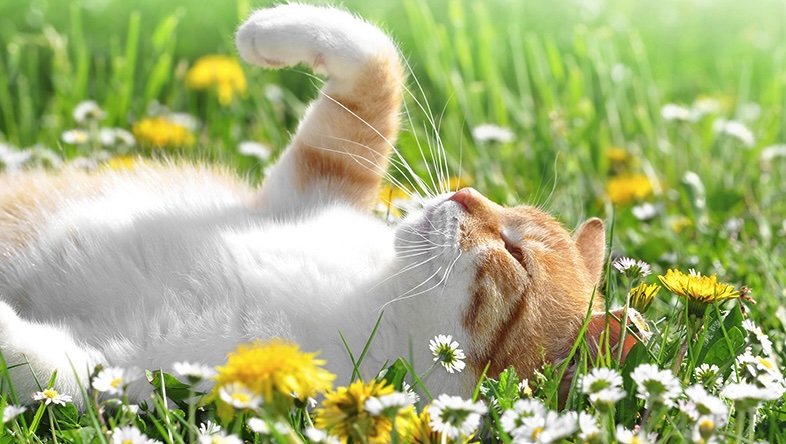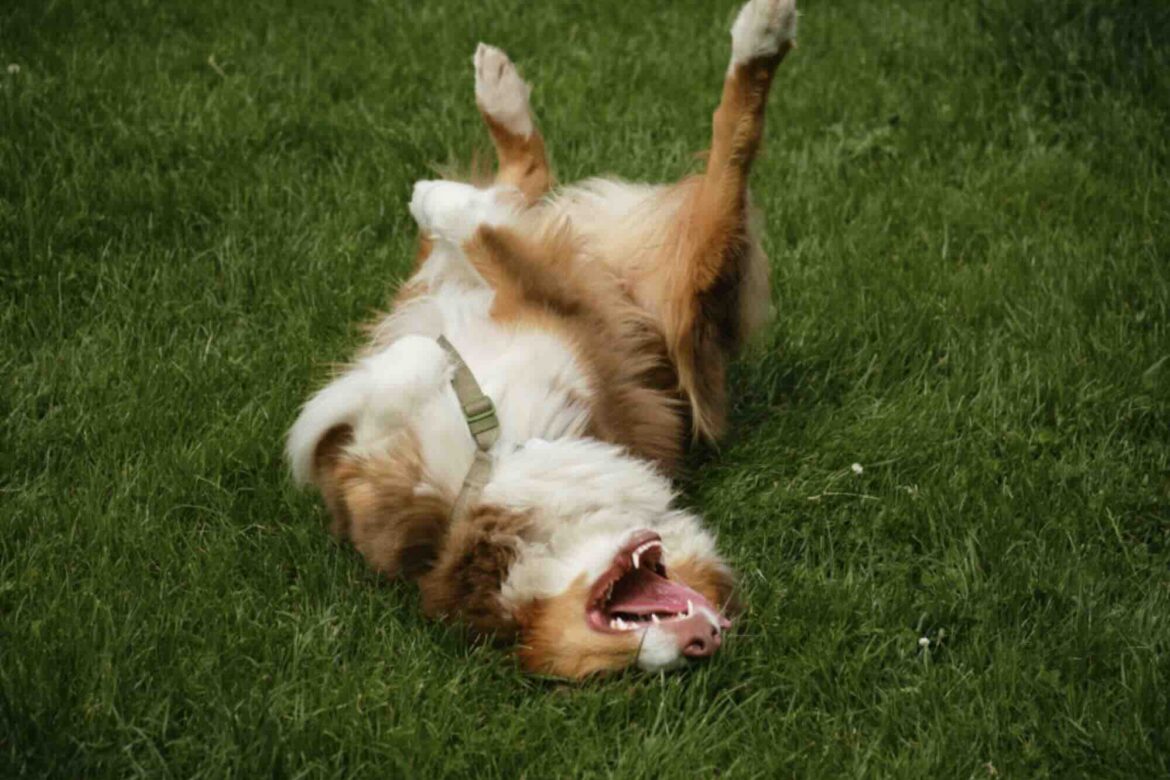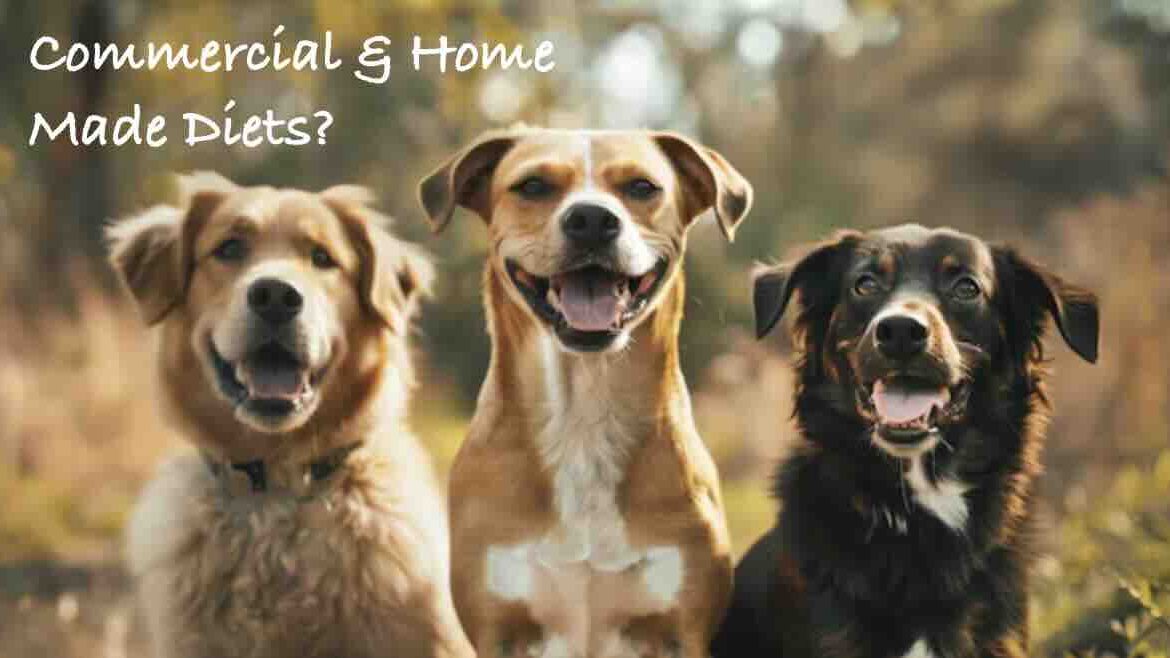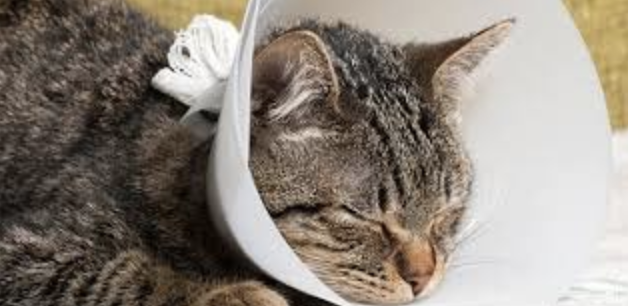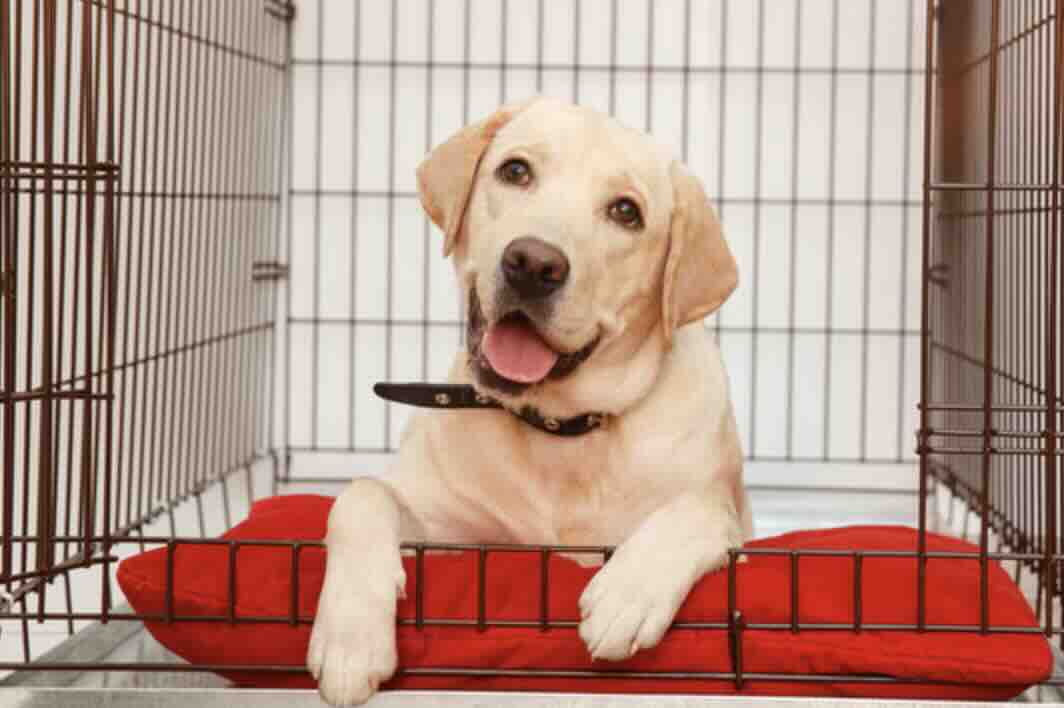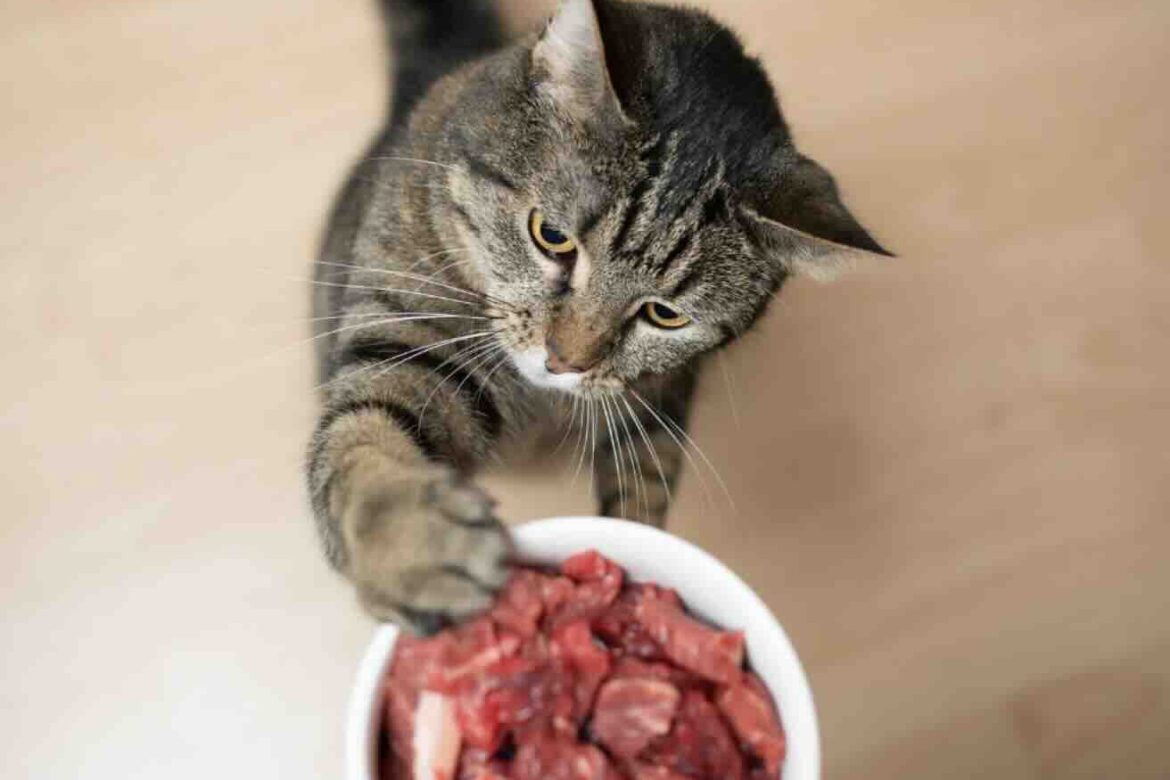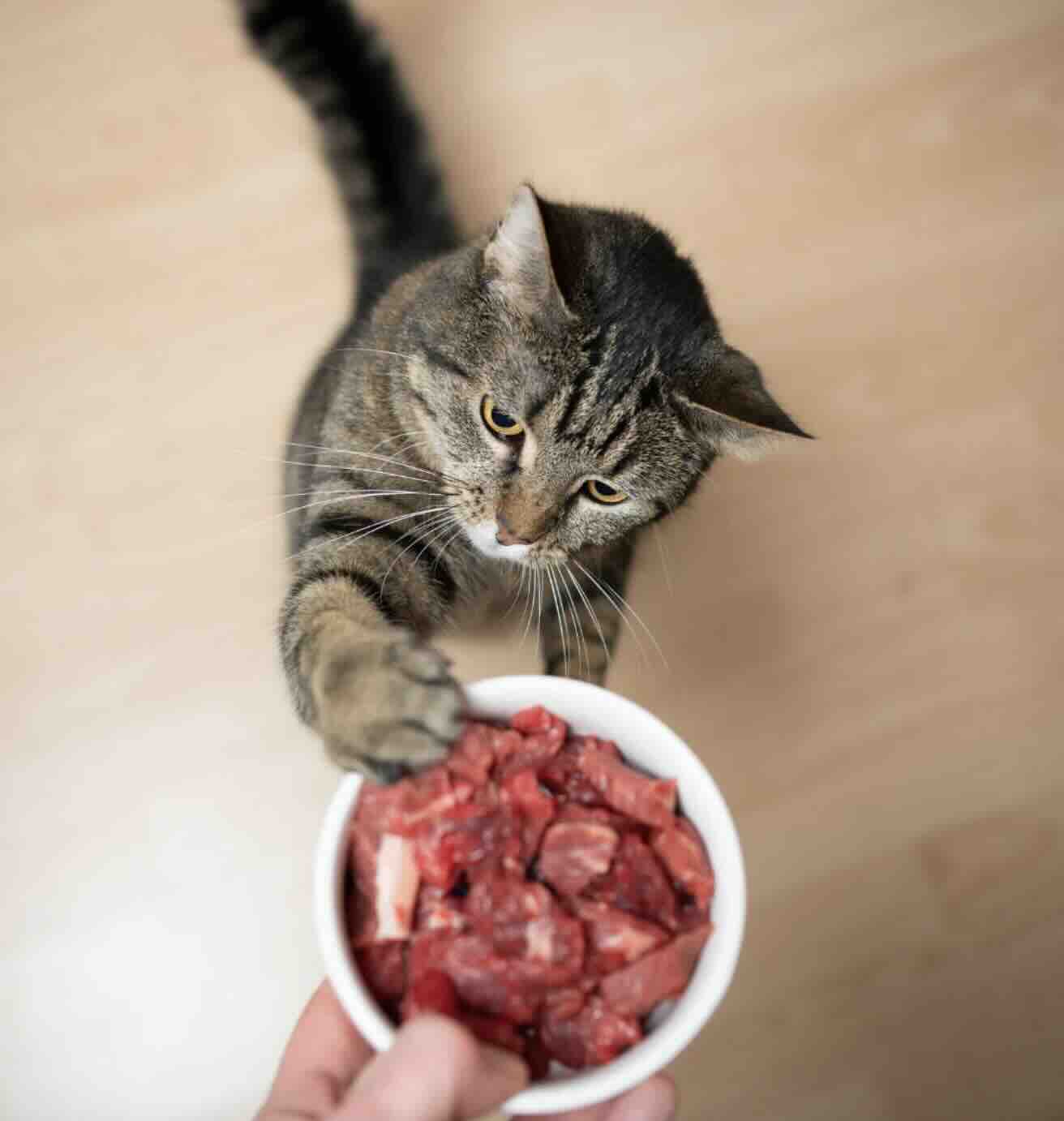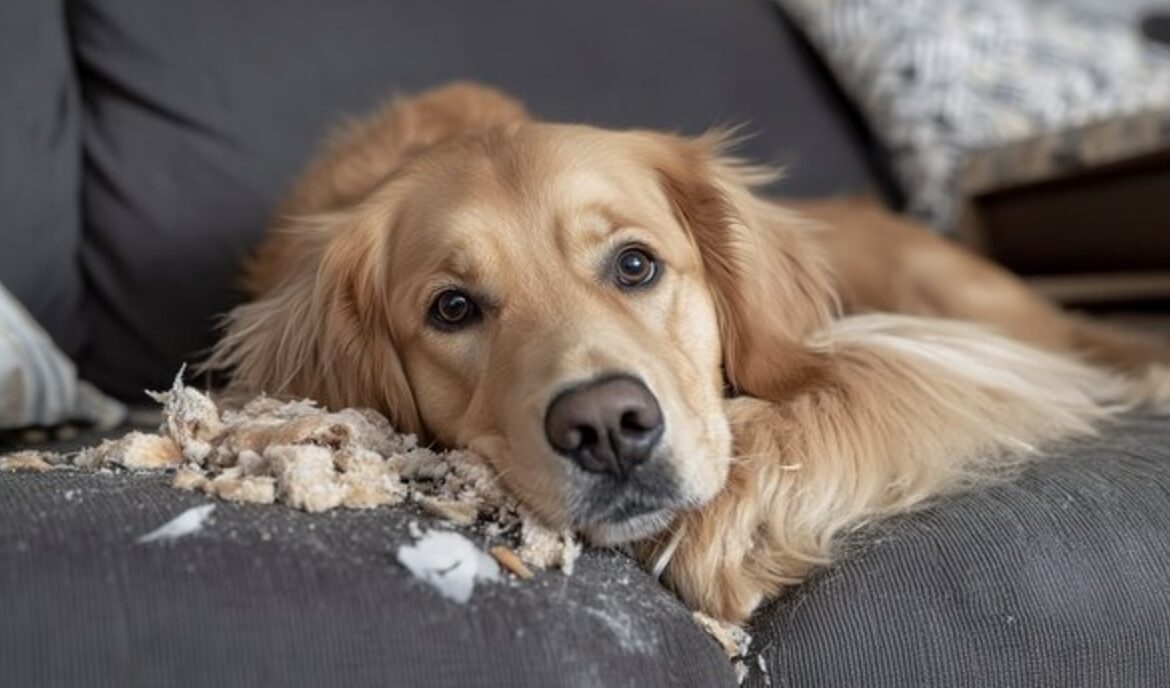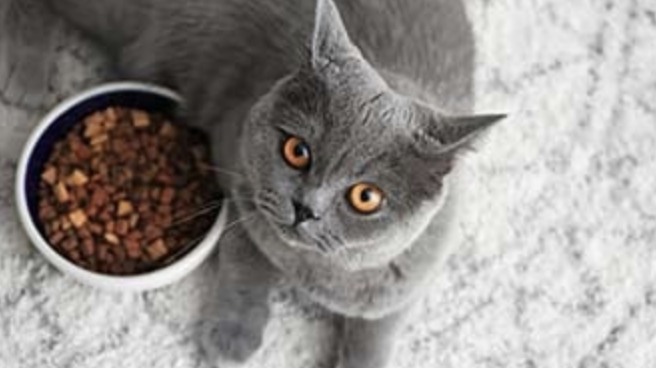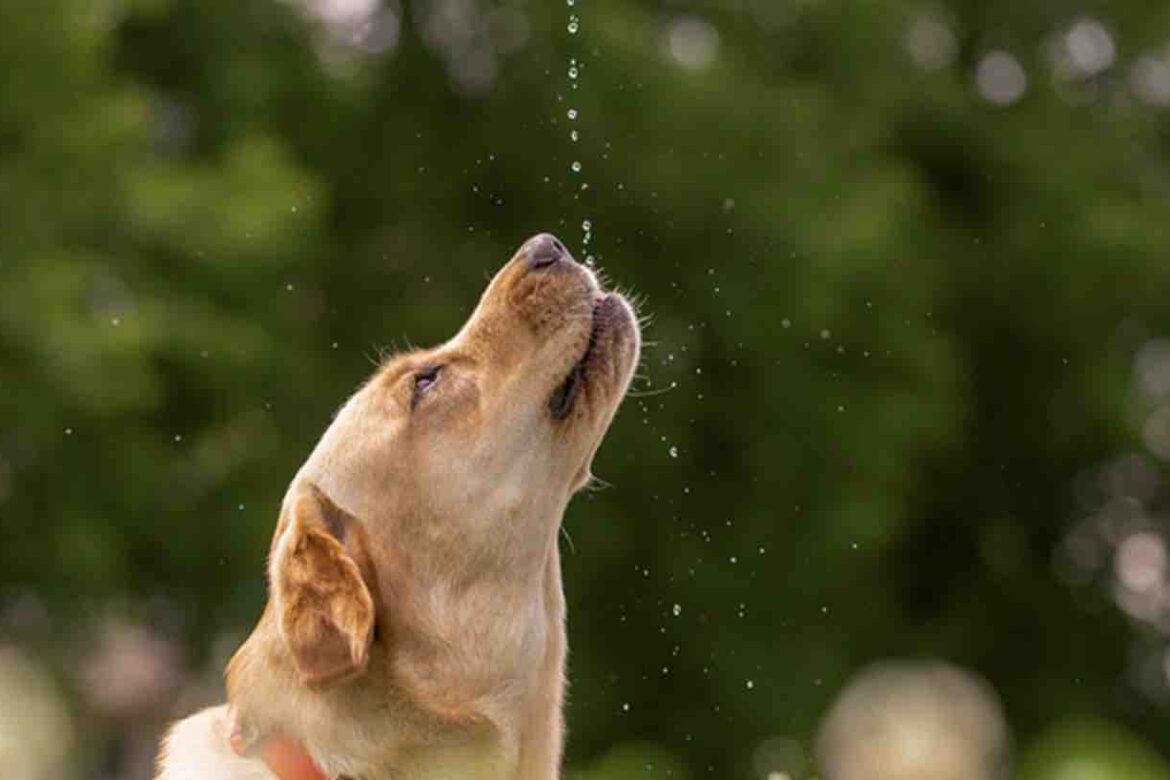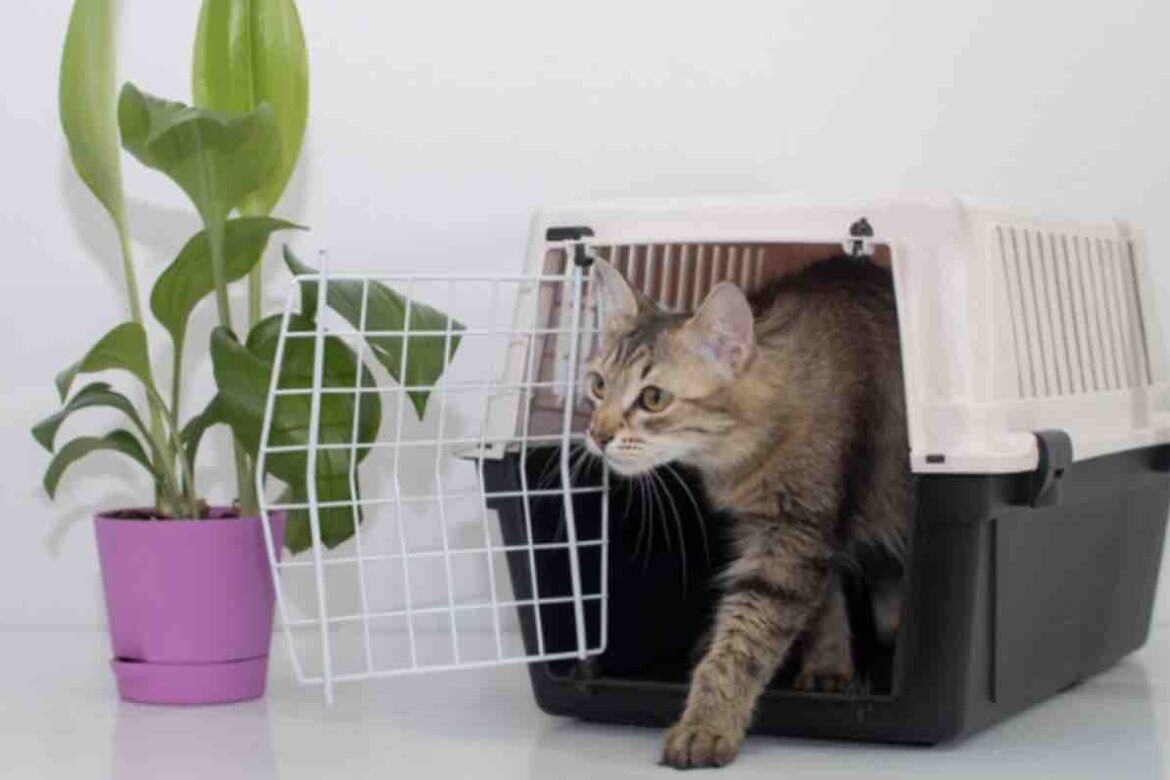As the weather warms up in spring, your pets may encounter a range of seasonal health issues. Here are the 10 most common problems that dogs and cats face during this time:
- Allergies
Spring pollen, plants, and grasses can trigger allergic reactions in pets. Look for itching, sneezing, and watery eyes. - Fleas and Ticks
Flea and tick activity increases with warmer weather. These parasites can cause skin irritation and spread diseases. - Heartworm Disease
Mosquitoes are more active in spring, increasing the risk of heartworm, which can be deadly for dogs and cats. - Ear Infections
Humidity and allergies can lead to ear infections, especially in dogs with floppy ears. Signs include head shaking and scratching. - Parasites
Spring brings a higher risk of intestinal parasites like roundworms and hookworms. Regular deworming is key to prevention. - Heat-Related Illnesses
Rising temperatures can cause pets to overheat, leading to heat exhaustion or heat stroke. Always provide shade and water. - Skin Infections
More outdoor play can lead to cuts and scrapes that become infected. Watch for redness, swelling, or discharge. - Gastrointestinal Issues
Pets may eat harmful plants or spoiled food outdoors, leading to vomiting or diarrhea. Keep a close eye on what they ingest. - Behavioural Changes
New outdoor stimuli like other animals or unfamiliar people can cause anxiety or aggression in some pets. - Snake Bites
As snakes become more active in spring, pets can get bitten. Snake bites are serious and require immediate attention.
Regular vet check-ups and preventive care can help keep your pets safe and healthy throughout the spring season, so if you notice any of the above symptoms, please get in touch with the friendly team at Pet Doctor !

